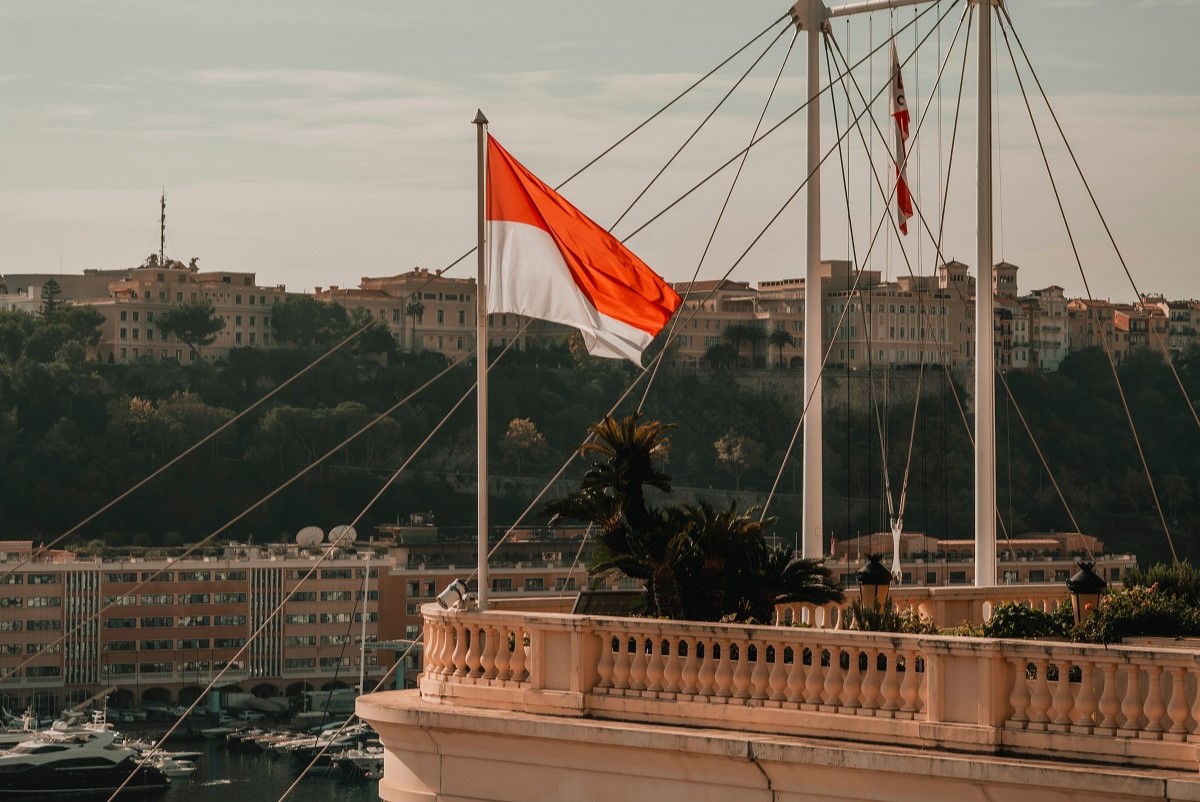Monaco holds a rather unique position in the European Union. It’s part of the system in some ways and decidedly not in others. Here is where relations stand between the Principality and its powerhouse neighbour.
The Principality finds itself in a special place when it comes to European Union (EU) participation, in that it follows most of the legal, safety, customs duties and even financial rules laid out by the bloc. But Monaco is not a Member State.
Since 1999, Monaco has, however, been granted permanent relationship status, giving the country some interesting features.
Recent years have brought about a desire on both sides to normalise relations further and to that end, they have been working toward the hashing out of an Association Agreement, which will make Monaco a sort of pseudo-member of the EU, whilst still maintaining sovereignty over certain matters.
COMMON FEATURES
The EU and Monaco share some important aspects, perhaps the most important of which pertains to currency. The Principality was given permission to use the euro like other members of the Eurozone, but also to retain the sovereign right to mint coins. This was thrashed out in a Monetary Convention held between France on behalf of the EU and the Monegasque government in 2001.
Monaco is also part of the customs union due to its long-standing association as part of France’s customs territory. It is also part of the European Value Added Tax (VAT) system and its ports of entry are considered authorised external borders, giving Monegasques the right to move freely in the Schengen zone for up to three months.
Furthermore, the EU and Monaco are like-minded on values such as the protection of human rights, democracy, security, multilateralism and a rules-based international order. They also share their interest in implementing the Paris Climate Agreement and a variety of sustainable development goals.
FRAMEWORK FOR NORMALISTION
Despite all of these commonalities, which make working and living as convenient as being part of the EU, Monaco is not an EU country and since March 2015, it has been in negotiations with the bloc to find a status acceptable to both sides, giving both what they want as well as what they require to function legally, profitably and safely within the context of the Association Agreement.
The Association Agreement takes on some tricky issues, including how to facilitate the export of Monegasque products throughout the EU, to simplify procedures for Monegasques to enable them to move around more easily, and to potentially enable students to take part in school exchange programmes.
In June 2022, the Council of the European Union, under France’s presidency, noted that the negotiations were now set to enter into a decisive phase, and said that it was looking forward to progress, especially on politically sensitive issues.
Already agreed upon are Monaco’s participation in the internal market and cooperation with EU policies, but a few sticking points remain.
MONACO’S UNIQUE STATUS
Whilst Monaco colours within the lines of legality and in accordance with EU laws, the nation has long enjoyed a different kind of set-up to most other countries in the world. The citizenry is income tax-free, attracting many HNWIs, and the corporate tax structure is friendly, making it a great place to set up a company’s headquarters.
As such, they are not bound by the exact same banking laws as in the EU and this has caused some friction. As recently as January, a Council of Europe report shone a spotlight on Monaco’s anti-money laundering measures, which they say are leaky due to the “internationally oriented financial activities”. A one-year observation period has been enacted.
Additionally, Monaco wants to protect its self-dominion in areas such as the maintaining of the national interest in all domains, guaranteed Monegasques exclusiveness in certain professions, and reserved nationals-only access for state-owned housing.
These issues aside, both sides are very much open to coming to a suitable arrangement, perhaps as soon as the end of 2023.
Separate, but similar, negotiations have been ongoing with other microstates of Europe, namely Andorra and San Marino, whereby the EU has stated that “the Union will take into account the particular situation of small-sized countries, which maintain specific relations of proximity with it,” as set out in the 2009 Treaty of Lisbon.
Sign up for the Monaco Life newsletter. For the latest news, follow us on Facebook, Twitter, and Instagram.
Photo source: Kyle Evans for Unsplash
